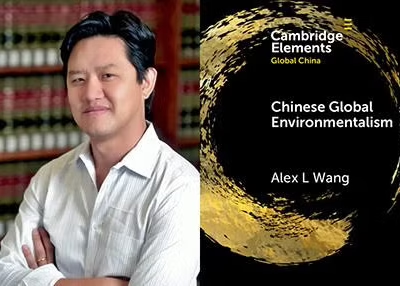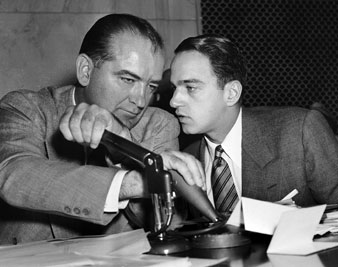The Talmud and the Endowment Effect

The endowment effect is one of the most important aspects of behavioral economics. It postulates that losing something is worse than gaining something is good. One can easily see it applied to various aspects of property law: it is worse to lose a piece of property that you think is yours than to gain a piece of property that previously was not yours. Justice Holmes expressed the idea intuitively more than a hundred years ago:
A thing which you have enjoyed and used as your own for a long time, whether property or an opinion, takes root in your being and cannot be torn away without your resenting the act and trying to defend yourself, however you came by it. The law can ask no better justification than the deepest instincts of man.
Scholars of law and behavioral economics have used the endowment effect in a wide variety of legal disciplines from contracts to torts to property and of course, in environmental law.
But as it turns out, Justice Holmes might have been 1500 years too late. Reading through the Yerushalmi, or Jerusalem Talmud, in the tractate Bava Qamma, which deals with torts, I came across an important Mishnah, which assess damages for “pain” by positing this case:
If he burned him with a spit, or with a nail, even on his fingernails where it does not cause a wound, one estimates how much a person in his state would ask to be paid in order to be willing to suffer such pain.
That is straightforward enough, and a quite modern conception. But once the rabbis start playing with it, they immediately see the endowment effect in action:
Rabbi Ze’ira said, “one sees a person and asks him, how much would you give that such pain would not be inflicted on you? And what he says, you have to give.” Mar Uqba said, “the Mishnah is ‘how much would a person ask to be paid,‘ and you say that?”
Like many Talmudic colloquies (especially in the notoriously-opaque Yerushalmi), this one is pretty obscure: I am basing my translation on Heinrich Guggenheimer’s scholarly edition with my own take. But my interpretation is that Mar Uqba is challenging Rabbi Ze’ira on the basis of the endowment effect. The original Mishnah says that in order to find damages for pain, you ask someone how much they would be willing to be paid in order to suffer the pain — sort of a market in sadism. Rabbi Ze’ira, says Mar Uqba, has turned the concept on its head, instead asking someone how much they would pay in order to avoid it. That’s a different measure. Neither measure is low, but under the original Mishnah the price would be higher because of the endowment effect: there, the person isn’t necessarily going to lose his limb so his price is what he would take to lose it. Under R’Zei’ra’s gloss, the person is already about to lose his hand and is haggling in order to get it back.
I’m not sure my translation or interpretation is correct, but at least it makes sense: otherwise, Rabbi Ze’ira and Mar Uqba aren’t arguing over anything. And it points to an important reason (although not the only one) why behavioral economics has taken off over the last few years: it reflects a series of very commonsense notions about the world: people operate by inertia, they often use short time horizons, they are predictably irrational, etc. etc.
And maybe this example also provides a reason why so many leading behavioral economists are Israeli: it’s easier for them to read this stuff in the original!
UPDATE: Yes, I know: the Yerushalmi is in Aramaic, not Hebrew. So sue me. It’s still easier for a native Hebrew speaker to read it than a native speaker of anything else.







Reader Comments